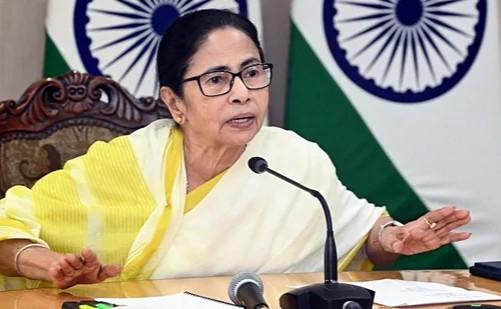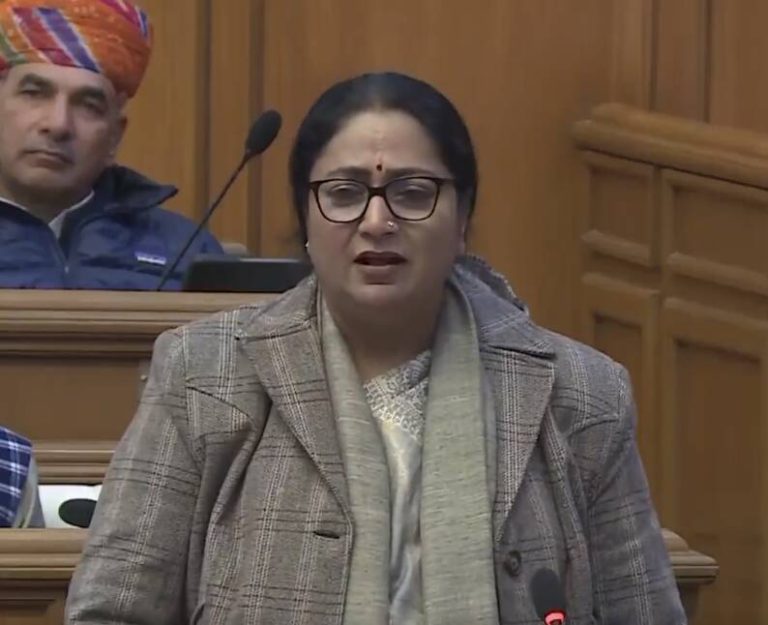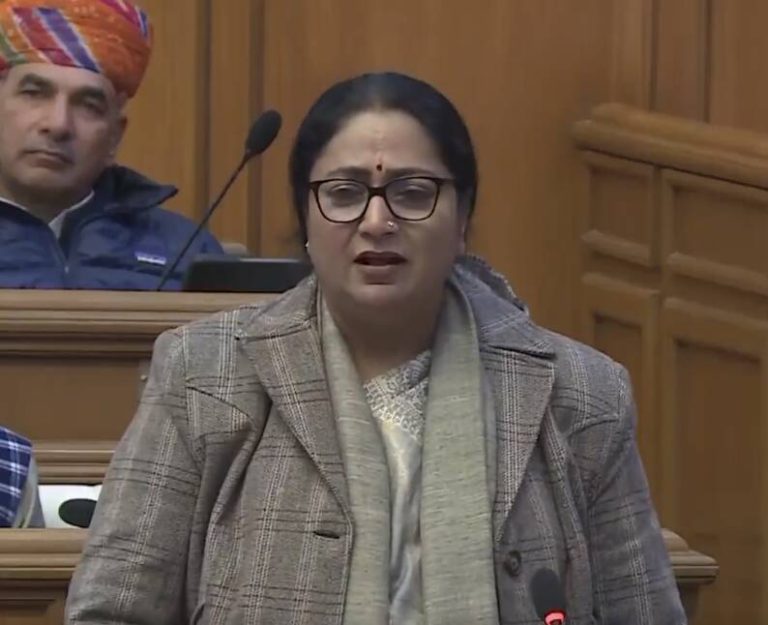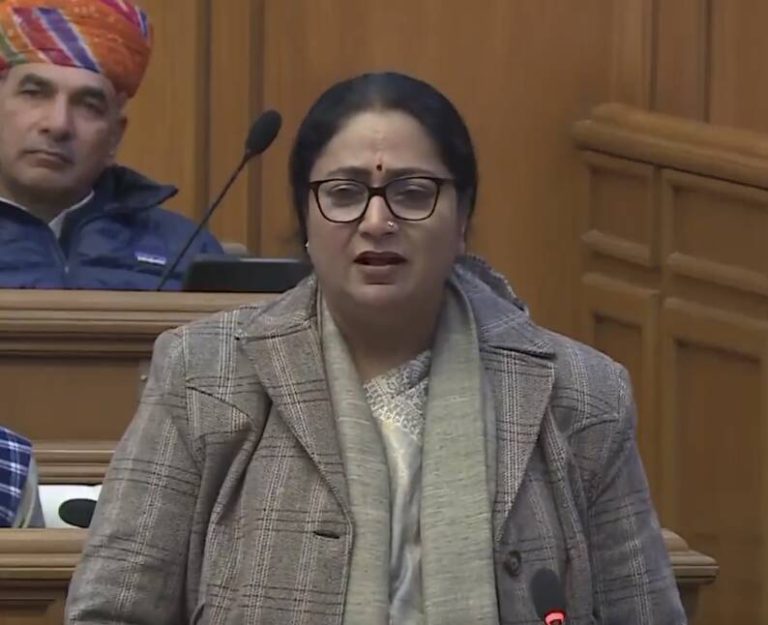
28 people dead since electoral revision began, stop the drive: Mamata to EC
The electoral revision process in West Bengal has taken a devastating turn, with West Bengal Chief Minister Mamata Banerjee expressing shock and outrage over the death of a Booth Level Officer (BLO) who took his own life due to the “unbearable pressure” of the Special Intensive Revision (SIR) of electoral rolls. The Chief Minister’s statement comes after a series of deaths have been reported since the revision process began, with a staggering 28 people losing their lives.
According to Mamata Banerjee, the deceased BLO was under immense stress and pressure due to the workload associated with the SIR. The Chief Minister stated that “28 people have lost their lives since SIR began – some due to fear and uncertainty, others due to stress and overload.” This shocking revelation has sparked widespread concern and criticism, with many questioning the need for such an intensive revision process.
The SIR of electoral rolls is a process aimed at revising and updating the electoral rolls to ensure accuracy and fairness in the electoral process. However, the manner in which it is being implemented has raised several concerns. The process has been described as “unplanned” and “ill-conceived” by many, with officials and workers being subjected to immense pressure and stress.
Mamata Banerjee has slammed the Election Commission of India (ECI) for its handling of the SIR process, demanding that the drive be halted immediately. The Chief Minister has expressed her deep concern over the loss of lives and the well-being of the officials and workers involved in the process. She has also questioned the need for such a rigorous and intensive revision process, highlighting the human cost of such an exercise.
The deaths of 28 people since the SIR began are a stark reminder of the human cost of such an exercise. The families of the deceased are left to pick up the pieces, struggling to come to terms with the loss of their loved ones. The psychological impact of such a tragedy on the families and colleagues of the deceased cannot be overstated.
The ECI has been under fire for its handling of the SIR process, with many criticizing the commission for its lack of planning and consideration for the well-being of the officials and workers involved. The commission’s decision to implement such an intensive revision process without adequate resources and support has been described as “irresponsible” and “callous”.
The incident has also sparked a wider debate about the need for electoral reform in India. The electoral process is a critical component of India’s democratic system, and it is essential that it is conducted in a fair, transparent, and accountable manner. However, the current system has been criticized for its flaws and shortcomings, with many arguing that it is in need of urgent reform.
In conclusion, the death of 28 people since the electoral revision process began is a tragic reminder of the human cost of such an exercise. The ECI must take immediate action to address the concerns raised by Mamata Banerjee and others, and halt the SIR process until a more planned and sustainable approach can be implemented. The well-being and safety of the officials and workers involved in the process must be the top priority, and the commission must ensure that the electoral process is conducted in a fair, transparent, and accountable manner.
The people of West Bengal and the rest of India are watching with great concern as this situation unfolds. It is essential that the ECI takes immediate action to address the concerns raised and ensures that the electoral process is conducted in a manner that prioritizes the well-being and safety of all involved.




